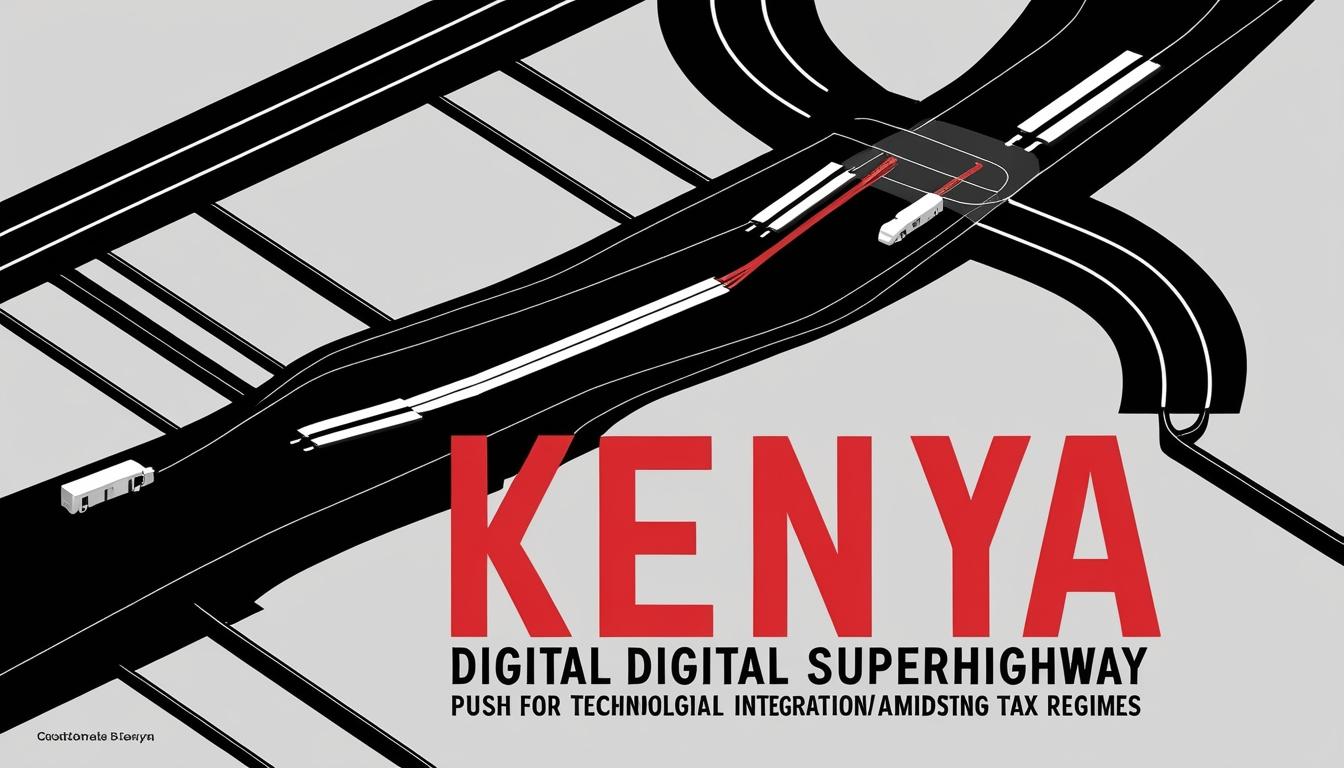A recent report published by the World Bank underscores the critical need for middle-income countries, particularly Kenya, to integrate modern technology into their economies to stimulate growth and enhance sustainable practices. The study identifies that while a number of such countries have environments conducive to economic activity, additional steps are necessary to leverage digital solutions effectively.
Central to the findings is the assertion that the current high tax regimes in Kenya are a significant barrier to businesses pursuing digital transformation. According to the report, “the returns from capital investment alone decline steadily,” suggesting that a renewed focus on adopting innovative structures is essential. The World Bank advocates for a dual strategy—investment and infusion—whereby local institutions create favourable conditions that encourage the assimilation of global technologies within domestic economic frameworks.
In alignment with this outlook, Kenya is actively attempting to establish a robust digital economy through the implementation of its ambitious digital superhighway initiative. This project aims to lay down 100,000 kilometres (approximately 62,000 miles) of fibre optic cables, which the Ministry of Trade, Investment and Industry asserts will support other key sectors such as health, agriculture, micro, small, and medium enterprises (MSMEs), and financing initiatives. These advancements are expected to enhance revenue collection by automating systems such as Value Added Tax (VAT).
Despite the promising potential of these initiatives, businesses face hindrances stemming from proposed tax legislation. Currently under consideration by the National Assembly's Finance and Planning Committee is a Bill reintroducing a 6 per cent Significant Economic Presence (SEP) tax, which stakeholders warn could adversely affect digital enterprises. Additionally, a suggestion to increase excise duty on telecommunications and data from 15 to 20 per cent exacerbates concerns regarding the viability of modern technology adoption.
The World Bank report indicates that such fiscal measures deter foreign investment, a crucial element for enhancing the competitiveness of domestic firms in the global market. It states, “Contestable markets and the institutions that enable them are vital for middle-income countries that aim to become a global supplier.” By embracing open foreign markets and value chains, domestic firms can gain access to larger markets, technology, and expertise, fostering growth.
Moreover, the report delineates that companies able to adopt technological advancements will be positioned to scale operations effectively. Conversely, maintaining traditional business practices may result in businesses becoming obsolete. The adverse impact of high operational costs and tax burdens is evident, with notable firms such as Nestlé choosing to relocate, Procter & Gamble scaling back to an import model, and Mobius Motors suspending operations altogether due to the challenging business climate in Kenya.
The World Bank also highlights the importance of equity markets in supporting innovation, particularly for private firms that traditionally experience significant financing challenges. It suggests that start-up incubators and accelerators play a pivotal role in bridging these gaps by offering mentorship, resources, and potential funding opportunities.
To successfully navigate these economic challenges and foster growth, businesses will need to adapt to a changing landscape. Engaging with market leaders, particularly multinational corporations that possess advanced technical capabilities, may yield opportunities for knowledge transfer and collaboration in deploying new technologies.
While the World Bank acknowledges the government’s imperative to boost revenue and support local enterprises, it urges a reevaluation of stringent tax policies. By fostering a favourable environment for technology adoption, the government can expand the tax base and further propel businesses towards embracing digital transformation as part of their core strategies.
Source: Noah Wire Services
